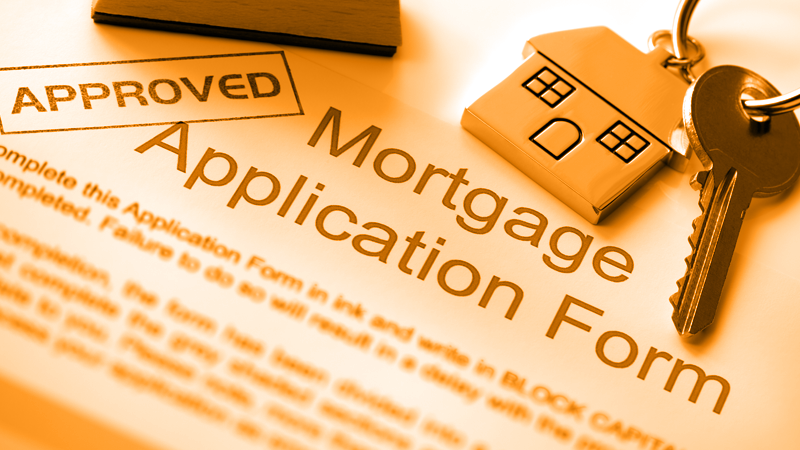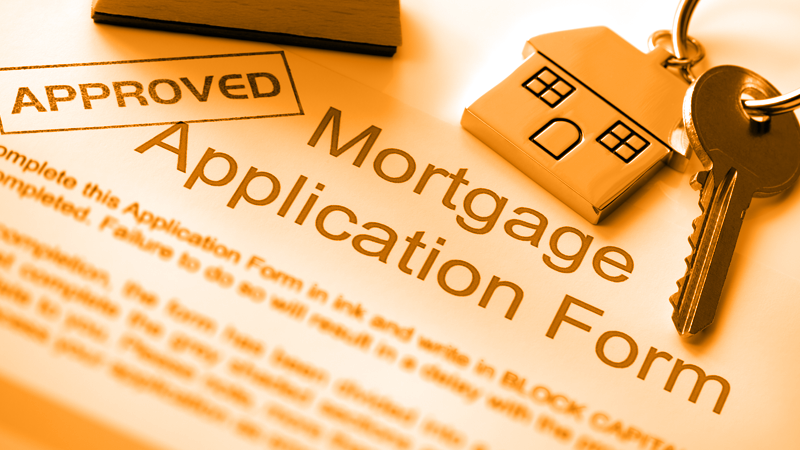Although credit scores can impact the deal you get from a lender, mortgages have no minimum credit score.
The notion that you need a specific credit score to qualify for a mortgage is a misconception because credit scores can vary considerably, and credit checks are only one part of the mortgage application assessment.
Read on to learn more about credit scores and mortgages in the UK.
What Is A Credit Score?
A credit score is a numeric rating that measures your likelihood of repaying a loan on time.
It simply shows how reliable you are at borrowing money and is created by credit reference agencies using a scoring model based on the information in your credit report.
Your credit score can vary as agencies and lenders use different scoring systems or models.
The credit score can also depend on the data used to calculate it, the source of the data used, the type of loan product the score will be used for, and even the day it was estimated.
Factors usually considered by credit scoring models include your bill-paying history, any current unpaid debts, the number and types of loans you have, how long you’ve had a loan and whether you’ve had debts sent to collections, bankruptcies, and foreclosures and how long ago.
Do I Need A Minimum Credit Score For Mortgages?
No. You can get a mortgage with any credit score.
There’s no set credit score that will make you automatically eligible or ineligible for a mortgage because each lender will interpret your credit history differently.
Additionally, getting a mortgage will depend on more than your credit score.
Lenders will use your credit score as part of the mortgage application assessment.
A good credit score will give the lender the impression that you’re a reliable borrower and can repay the mortgage on time.
This will give you access to more lenders and make it easier to unlock better deals, but there is no guarantee.
You can have the best credit scores and still get declined for a mortgage because other factors affect your chances.
Low or bad credit scores can make it challenging to get approved, but it’s still possible with a robust application.
Every lender is different, and what is considered a good credit score by one lender can be average or insufficient for another and vice versa.
Which Credit Reference Agencies Do Mortgage Lenders Use?
Mortgage lenders in the UK use three main credit reference agencies:
Experian, Equifax, and TransUnion.
Although all the agencies use similar information to produce your credit score, the scores can be slightly different.
Lenders may use one of the credit reference agencies or a combination when making their assessment.
For example, if you have different scores in each agency, the lender can use the middle score to assess your application, and if two agencies agree on your score, the lender may use that score in the assessment.
It can help to check each credit report and know which agency you have a better score with and which lenders work with who.
What Are The Different Scoring Systems?
Each credit reference agency uses a unique scoring system that ranges from very poor to excellent.
Although no specific score guarantees you a mortgage, you’ll be in a better position with higher credit scores.
The table below outlines the rating score for each agency.
| Agency | Very Poor | Poor | Fair | Good | Excellent |
| Experian | 0-560 | 561-720 | 721-880 | 881-960 | 961-999 |
| Equifax | 0-279 | 280-379 | 380-419 | 420-465 | 466-700 |
| TransUnion | 0-550 | 561-565 | 566-603 | 604-627 | 628-710 |
To access the best mortgage deals and rates, you should try and get your credit score into the excellent category.
What Information Do Credit Reference Agencies Use?
Credit reference agencies hold information about you in a credit report or file and usually involve your finances and borrowing details.
It can include:
- The electoral roll shows how long you’ve been registered to vote at a given address. It can help prove your name and address to the lender so they can quickly identify you.
- The duration you’ve stayed at your current address and previous addresses. It can help to show stability in your life and reassure the lender.
- Credit agreements or borrowings. It helps show the amount you borrowed, the lender, and repayments. It will also show the repayments you missed.
- Public records like bankruptcies, county court judgements, debt relief orders, IVAs, and administration orders.
- The number of credit applications shows how many times you’ve applied for loans and the frequency. If you’ve applied many times within a short period, it can show that you don’t manage your finances effectively.
It’s recommended to look out for errors on your report, like incorrect borrowing figures, the wrong address or missing payments.
Fixing such errors can quickly improve your credit score.
How Can I Improve My Credit Score?
While one-off actions like correcting errors on your report or registering on the electoral roll can improve your credit score, long-term credit use is the most effective way to improve your scores.
You may think that shying away from borrowing can show you’re good with money, but it can reduce your credit score.
Without a record of your borrowing, lenders will not know how reliable you will be with repayments. A few things you can try to improve your credit score include:
- Taking out a credit card and spending and paying off a small amount monthly to show lenders you can manage your credit responsibly.
- Paying off debts to improve your debt-to-income ratio
- Closing any old credit cards, you no longer use
- Encouraging anyone you share a joint account with to work on their credit
- Avoid applying with multiple lenders at once
Can I Apply For A Mortgage With Bad Credit Scores?
Yes. You can still get a mortgage with bad credit scores, usually rated as poor or very poor.
However, you’ll need access to specialist lenders who focus on your affordability instead of your credit score.
You may also need a bigger deposit and can get higher interest rates than someone with good credit scores, so it may be worth improving your credit score before applying.
Minimum Credit Score For Mortgages UK Final Thoughts
There is no minimum credit score for mortgages in the UK, but good credit scores put you in a better position for attractive mortgage deals and rates.
Consult a mortgage adviser if you’re unsure whether to apply or improve your credit score first.
They can provide personalised advice based on your situation and help you apply with the best lenders.
Call us today on 03330 90 60 30 or contact us. One of our advisors can talk through all of your options with you.

















